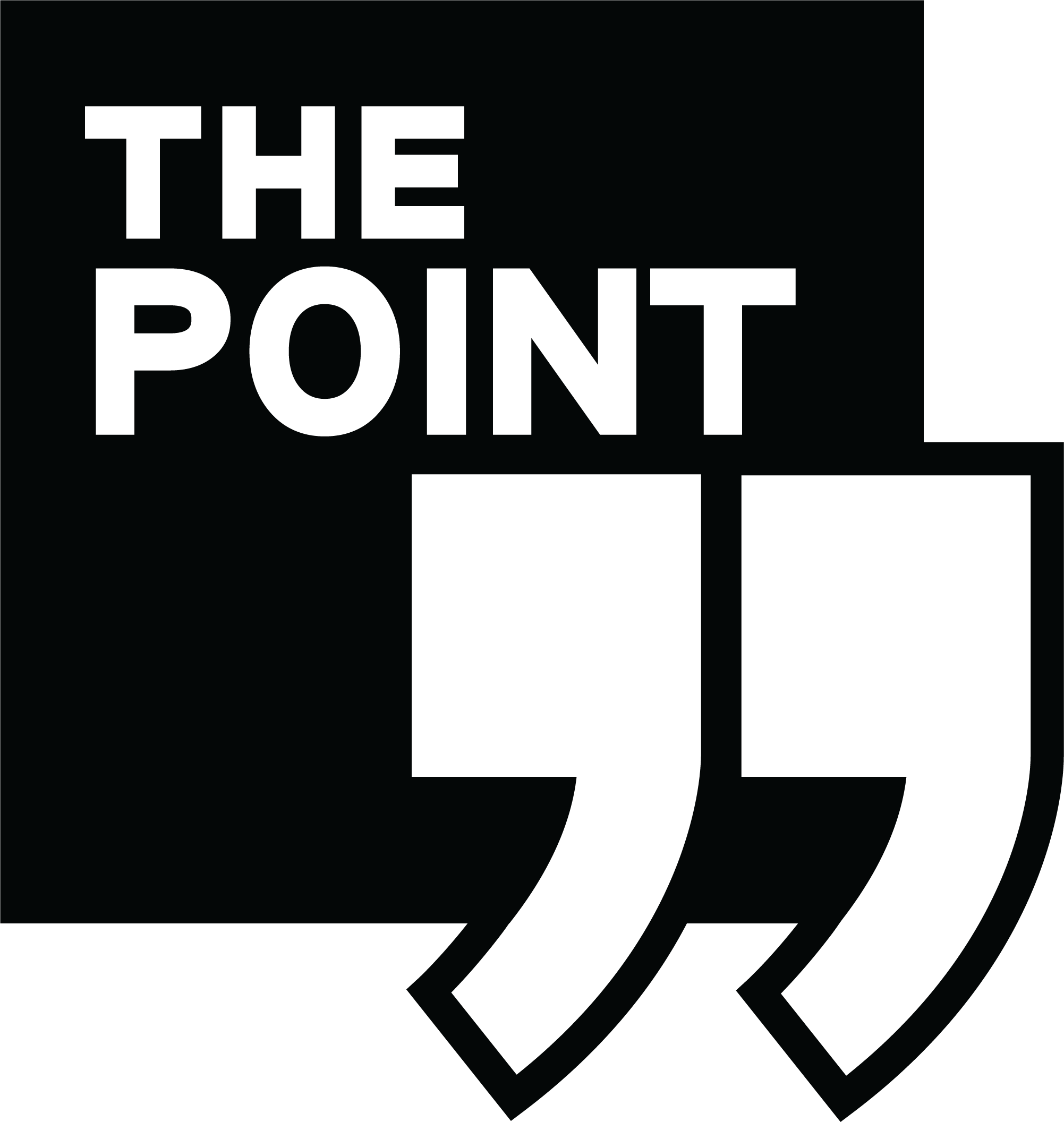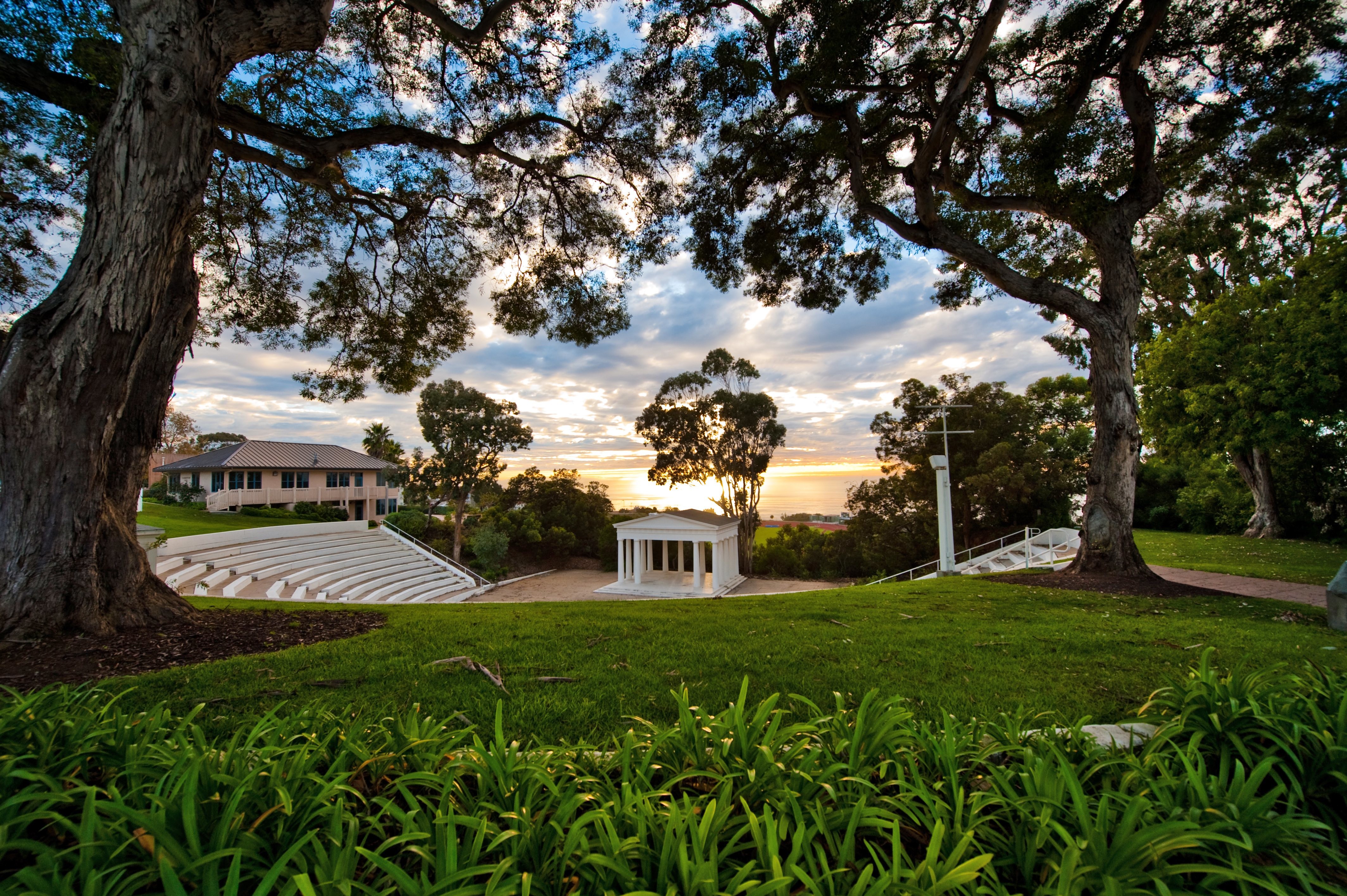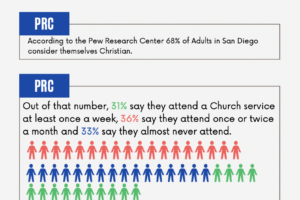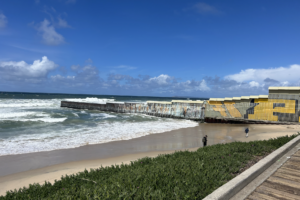The silence is deafening.
The people of Gaza are suffering right in front of our eyes. The facts are jarring. The images have been seared into the minds of those who have come across them. But our community is failing to find the words, we are failing to find our humanity.
The conflict in Gaza is extremely nuanced and carries the weight of history along with it. Conversations around it require more context. Moreover, in the United States, prejudice is rising against both Jewish and Palestinian people, something to be sensitive to and work to actively oppose. In order to even begin a dialogue around the issue, work is required. It’s up to us as a community to decide if that work is worth it, and our decision will speak volumes.
Finding context requires moving past Instagram infographics, where the conversation is limited to the dimensions of a singular page. Finding context requires seeking out the perspective of those on the scene. Finding context means exploring credible sources.
In the digital age, we are more exposed to the raw horrors of war than ever before, and there’s immense wisdom in being able to know when to limit one’s own exposure to graphic material. The facts of the situation are distressing enough. But it is when we fail to seek some semblance of an informed understanding of the situation, that we truly turn a blind eye. It is only in the bliss of ignorance can we continue on with our daily lives, without a thought of the bloodshed.
In the face of the decision to seek context or opt out of the conversation, we seem to choose the latter. As a result, we neglect the necessary nuances in discussing more complex topics. There’s a particularly tantalizing allure in forgetting the outside world and it’s especially easy to do so at Point Loma [Nazarene University]. Why face the brutal reality of the world in the form of a moderate-length article when one can go to the beach? I pose this question not to insinuate that there is no space for pleasure in life, but rather, that there is a time for all things. There is a time to mourn, there is a time to act and there is a time to listen. If the facts are upsetting, don’t dismiss them, sit with them. I am in no way encouraging the act of traumatizing one’s self with an overload of deeply disturbing content but asking for awareness. An awareness of the facts which may lead to discomfort, to the stirring of one’s soul. We have a choice in our comfortability. We have the choice to look away. Gaza does not. Comfort becomes a moot point in the face of falling white phosphorus.
When we don’t speak, we cannot process, we cannot attempt to understand one another. When we don’t speak with one another, we don’t learn. It is in these moments of silence that our government can financially support the leveling of Gaza, by the time we will have found the words it will have been too late. As a campus, our engagement with Gaza has been limited to an event put on in October by Mosaic’s Middle Eastern Association which focused on engaging in dialogue and supporting the Middle Eastern community. Yet there has been no recognition of the situation at large, by our community whether that be ASB or Administration. Where has there been space to grieve on this campus, to mourn with one another? Have we made an effort to come alongside those hurting and how has our community not spurred one another on towards action, towards justice? None of this is a possibility until we, at the very least, acknowledge that lives are being lost, if that is too political, we must redefine our politics.
The truth of the matter is we are not walking out the door in the morning to meet the consequences of our inaction. The same way one does not meet the child laborer who toiled over their new mini skirt from Shein. It does not change the fact that injustice is occurring and we have a part to play in it. We are not bystanders, we are active offenders, watching our country support violence, which has mainly fallen on civilians, under the guise of allyship.
So I lament and I plea for your consideration of the cause of humanity.
I lament for the lives lost. Over 11,000 names. 11,000 stories. 11,000 futures. Sons and daughters, mothers and fathers, lovers, doctors, poets, scientists, journalists, carpenters, humans. Wiped from the face of the Earth with cries that fall upon deaf ears as they reach the West.
I lament for the living. The mother who will never again see the face formed from her own flesh. The little boy, rescued from the rubble, who looks down at his ash-covered hands and wonders when they will stop shaking. The living nightmare. The memories, forever etched into their minds, a generation traumatized.
I lament for our Jewish kin.
I lament for our Palestinian kin.
Facing violence, facing oppression.
May we learn to separate the actions of a state from the people of a nation.
May we learn to listen to each cry of injustice as the collective wail of humanity.
May we dream of a world devoid of both Islamophobia and anti-semitism.
I plead for your consideration in taking up the cause of a cease-fire.
I appeal to the academic, to use your education to critically analyze this situation. To provide the boldness to facilitate discussions and the space for grace within those. To organize and to call on representatives.
I appeal to the Christian in America and I ask if your kinship with humanity ends at the divergence of religious doctrine. When blood is spilled in the Middle East, is it not red as in you and me?
I appeal to the next generation, yet to be named, and I ask them for grace. Grace for the reality that the world they will grow in continues to be marred by mass atrocities met with apathy. I ask that their assessment of us be truthful, that our complacency and callous nature be on display.
To you, Point Loma, students, staff and faculty, I ask, what will it take to bring you to your knees? How much longer can you stand the silence?
Resources:
https://www.nytimes.com/news-event/israel-hamas-gaza
https://www.bbc.com/news/topics/c207p54m4rqt
https://www.hrw.org/middle-east/north-africa/israel/palestine







